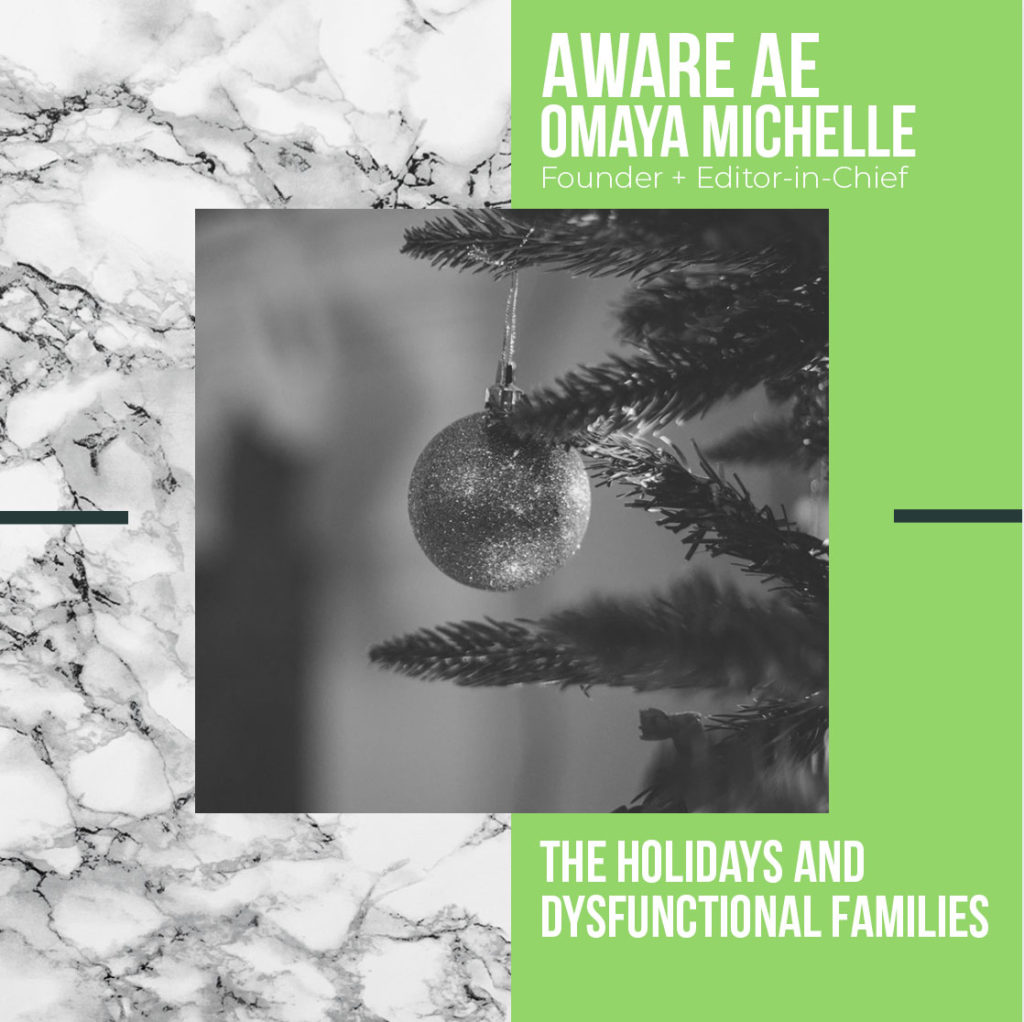Christmas holidays – one of society’s most beloved time of the year. It is with no doubt that after this year filled with unfortunate events, tragedies, and most prominently, a pandemic – that many are looking forward to spending some quality time with their loved ones. Whether family, friends, or partners – your loved ones are what make the holidays so special. Although expressing gratitude and love this time of the year is important, we must also remember that not everyone has the ability to experience that this time of the year.
Dysfunctional families are more common in today’s society than ever before. From child neglect, to domestic and/or sexual abuse, and misbehavior – issues like these are extremely prominent in families all around the world making it not only impossible to enjoy things that many may take for granted – such as the holidays – but also, function as a family in their everyday lives.
The Psychological Effects of Dysfunctional Families
To premise the subject of psychological effects of dysfunctional families, “It’s important to disclaim that the idea of a perfect parent/family is a myth. Parents are human, flawed and experiencing their own concerns,” PsychToday says. “Alternatively, growing up in a dysfunctional family can leave children emotionally scarred, and affect them throughout their lives. Hurtful family environments may include the following (Hall, 2017):
- Aggression: Behaviors typified by belittlement, domination, lies and control.
- Limited affection: The absence of physical or verbal affirmations of love, empathy and time spent together.
- Neglect: No attention paid to another and discomfort around family members.
- Addiction: Parents having compulsions relating to work, drugs, alcohol, sex and gambling.
- Violence: Threat and use of physical and sexual abuse.”
What to do if You Are Living with a Dysfunctional Family
One of the most difficult things about living with a dysfunctional family is the fear of reaching out for help, although, the UAE has provided resources in order for you to do so. DFWAC provides a free of charge helpline service (800111) for all the residents of Dubai and the UAE 24/7, that aims to provide an efficient and professional response for everyone, as anyone can reach this helpline to get more information about the foundation’s services, calling for urgent help, consultations and to get more information about the causes of violence against women and children. The helpline call center employees are highly trained on receiving all types of calls and to evaluate the client’s status to determine the type of the needed service.
What to do if Someone You Know is Living with a Dysfunctional Family
Those living in dysfunctional families, result to impulsive behaviors that can ultimately be detrimental to their mental and physical health as mentioned above. If you know someone who is living with a dysfunctional family – the most impactful thing you can do is be there for them. Please find below examples on ways that you can do this:
- Call and check up on them. You can do this by simply asking how their day has been, or even ask if they need help with anything, or just someone to listen.
- Invite them out. People living in dysfunctional families do not find comfort in their own homes. Although this is a distraction technique, as a friend, you may take them out or invite them over to get their mind off of things.
- Tell someone. The individual living in a dysfunctional family may not agree with you, but the best thing you can do for them is tell someone who can formally and professionally take care of the situation.
